6 min read
From Volunteer to Legacy Partner: Leaving a Lasting Impact on the Ministry
UGM operates 100% free from government funding. To effectively serve those in need, we rely on various types of generosity from the community—from...
By Barbara Comito, Director of Marketing & Communications
“All this time, I thought being an alcoholic was being Native American.
“We were always called ‘drunken Indians,’ always labeled alcoholics.
“I was told I was going to be an alcoholic because I was Native American, because it was a generational curse or just in my blood, a cultural thing… I thought it was inevitable.”
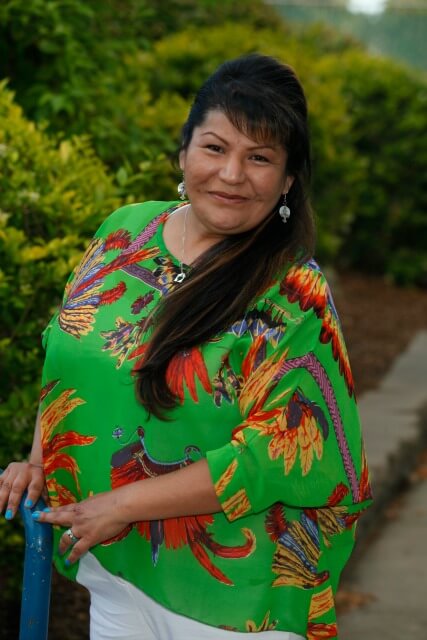
Michael Healy grew up on the Nez Perce Indian reservation. She was Indian Club president, editor of her high school newspaper. She was raised by her aunt and uncle in a good home, and her biological mom was always a part of her life.
Surely being an alcoholic wasn’t inevitable, in her blood, or part of her cultural identity.
And yet she became one.
“I tried to be strong and stay away from that. I was never going to be a drunken Indian. Until one day, it consumed me, and that’s what I became.”
Childhood
Michael’s father was an alcoholic. She had almost no relationship with him growing up. When she was in high school, he hung himself.
“I never really had a close relationship with him. My mom just didn’t want anything to do with my dad. He would try to come once a year on my birthday if my mom would let him see me. Whatever animosity they had between each other affected me because I never got to know my dad.”
And what she did know was tragic.
“It seemed like it was the norm for people on the reservation to drink more whenever a tragedy happened. Well, he lost his brother, my uncle, in a fishing accident…They were fishing on the Columbia, and he went over and died. My dad didn’t take that very well because he loved his brother, and so he started drinking more until he took his own life.”
Beginning Adulthood
Michael says she held things together pretty well for many years. She had a good job with the Bureau of Indian Affairs, worked her way up the ladder, had a home and a nice car.
As a receptionist for the Native American Rehabilitation Association, she told herself she would never be in the shoes of the people checking into rehab.
“I managed to maintain a job for 10 years, but toward the end, I would get up and go to work, and I just couldn’t wait to get off work so that I could get some beer on the way home. Go home, drink all night. Sometimes I would get daring enough to drink ALL night until I had to jump in the shower and go to work. I would not sleep at all. That’s when I knew something was wrong. I knew there was a problem, but I didn’t know how to get out of it.
“I was always unhappy but trying to appear happy on the outside. That’s not how I wanted to live – having to drink, to numb myself to forget about what happened at work that day. If someone said something mean to me, I’d go home and drink. If something didn’t go my way, I would numb myself. Any excuse…I would get angry and want to numb myself with alcohol.”
She lost her job when she called in sick too many times. “I couldn’t get another job because all I wanted to do was spend all my money on alcohol.”
Homeless and Hungry
“I finally hit rock bottom. I lost everything. I had my car repo’d. Then my electricity got shut off. Then the water got shut off. I lived in fear. Any time someone knocked on the door, it was going to be the police, saying you gotta get out.”
Michael’s mom sent her a one-way bus ticket back to Idaho and she moved home, but as soon as her unemployment kicked in, she was back to her addiction, living in and out of motels for six months with her boyfriend. It was during this time that she met Rich Copeland, a former board member of the Union Gospel Mission and current board member at The Roc Rescue Mission in Lewiston, Idaho.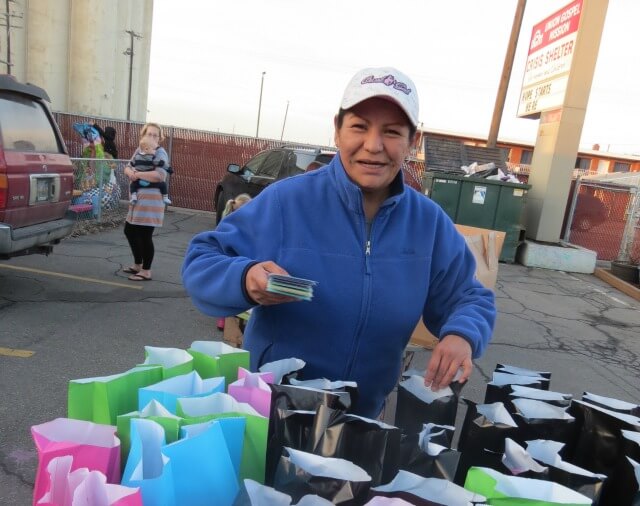
“We would run out of money, but we’d have like a week left in the motel before we jumped to another motel or the money would come in and we could buy another week, so we’d drink all our money up, and then we’d be hungry, so we would go to the rescue mission to get food. And it was so ridiculous because we would never spend our money on food. It was only meant for a motel and beer.”
During that period, Michael developed a relationship with the staff at The Roc and Rich in particular.
Eventually, the unemployment checks stopped coming. Michael got evicted from the last motel, and she and her boyfriend were in trouble with the police.
“With drinking comes violence, anger. You’re only worried about your next drink, and if you can’t have your next drink or even a cigarette, you become violently angry, and I often would get violent and angry if there was no more money, no more alcohol, no more cigarettes.”
Healing Begins
After one domestic violence call, Michael’s boyfriend ended up in jail. She was homeless and alone and turned to Rich for help. He took her to the Crisis Shelter for Women & Children in Spokane.
“And that’s where my healing began. I started to build a relationship with Christ, and I wanted to move forward.” She heard about the long-term recovery program at Anna Ogden Hall.
“I wasn’t really sure if I could commit to 18 to 24 months, but I knew God wanted me there, and now I know why – to really fully heal and build the most intimate relationship with Him. Because if I was out of that shelter and got a job, I would have been back to falling down again.”
Addiction has no cultural bounds
In UGM Women’s Recovery, Michael began a lifelong process of replacing false beliefs with the truth.
“What I found out at Anna Ogden Hall was that drug addiction, any addiction, affects any race, any color, anybody.” She also recognized that her worth was not based upon her performance. “It was all Satan’s lies, thinking my self-worth equaled my performance and other’s opinions of me.
“I came to Anna Ogden Hall as a broken person. What impacted my life was getting out of the worldly values and the secular world and finding out that I was still loved and completely forgiven, fully pleasing in Christ, that I could move forward and start building a new life. Now that I built an intimate relationship with Jesus Christ and having him in my life and keeping him #1, I am deeply loved, I am completely forgiven. I have a strong identity in Christ.”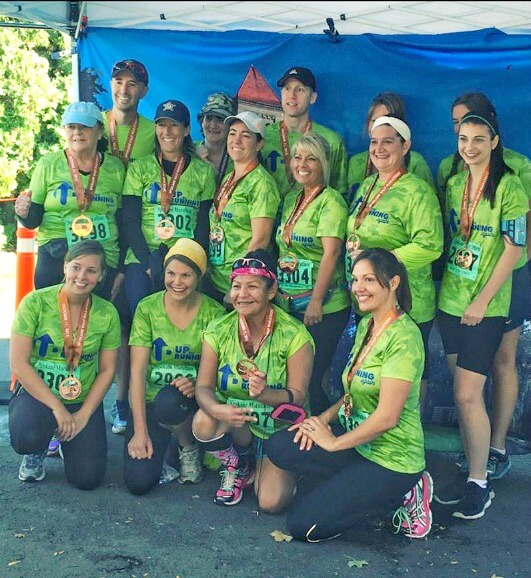 Miscellaneous Fun Fact: Michael finished the Spokane Half-Marathon while she was at Anna Ogden Hall, thanks to a partnership with Up and Running Again and Fleet Feet Spokane. “By me running the half marathon the first time and saying the Scripture, ‘I can do all things through Christ’ and believing in that and having that come to fruition made me realize all things really are possible with God.”
Miscellaneous Fun Fact: Michael finished the Spokane Half-Marathon while she was at Anna Ogden Hall, thanks to a partnership with Up and Running Again and Fleet Feet Spokane. “By me running the half marathon the first time and saying the Scripture, ‘I can do all things through Christ’ and believing in that and having that come to fruition made me realize all things really are possible with God.”
Post Script: Today, Michael is working at the UGM Crisis Shelter, helping to restore hope for women who find themselves where she once was.
Whether you're living in a homeless shelter or working in one, lessons abound. Download your free copy of Phil's e-book with reflections on 30+ years in ministry.
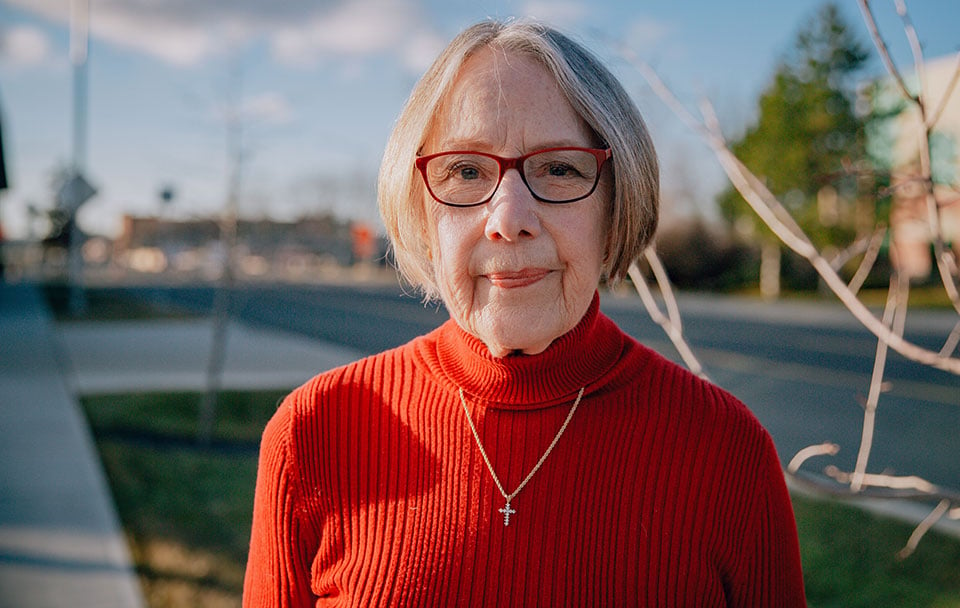
6 min read
UGM operates 100% free from government funding. To effectively serve those in need, we rely on various types of generosity from the community—from...
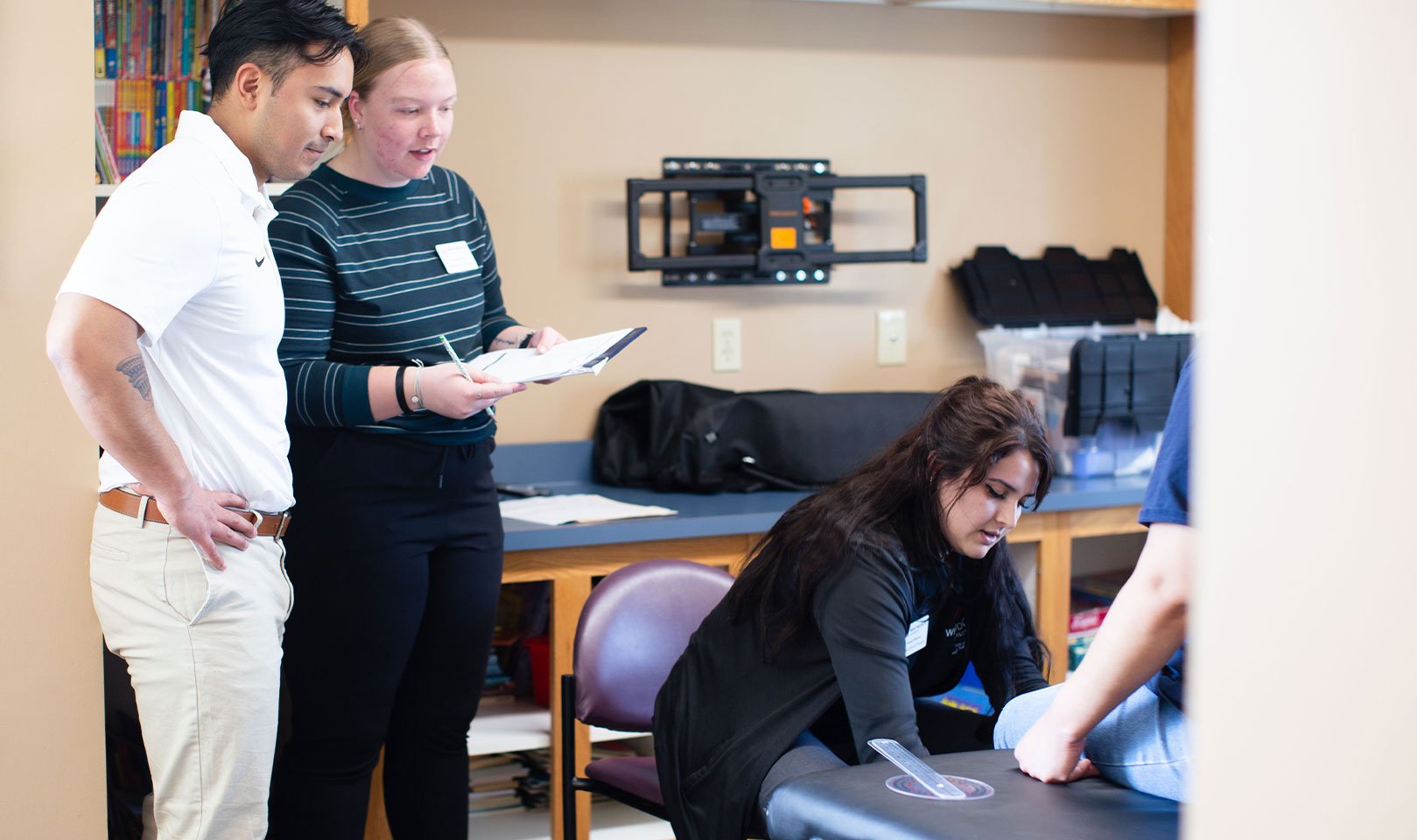
5 min read
Providing Essential Resources UGM relies on the support of the community to offer comprehensive care to individuals in need. One of the lesser-known...
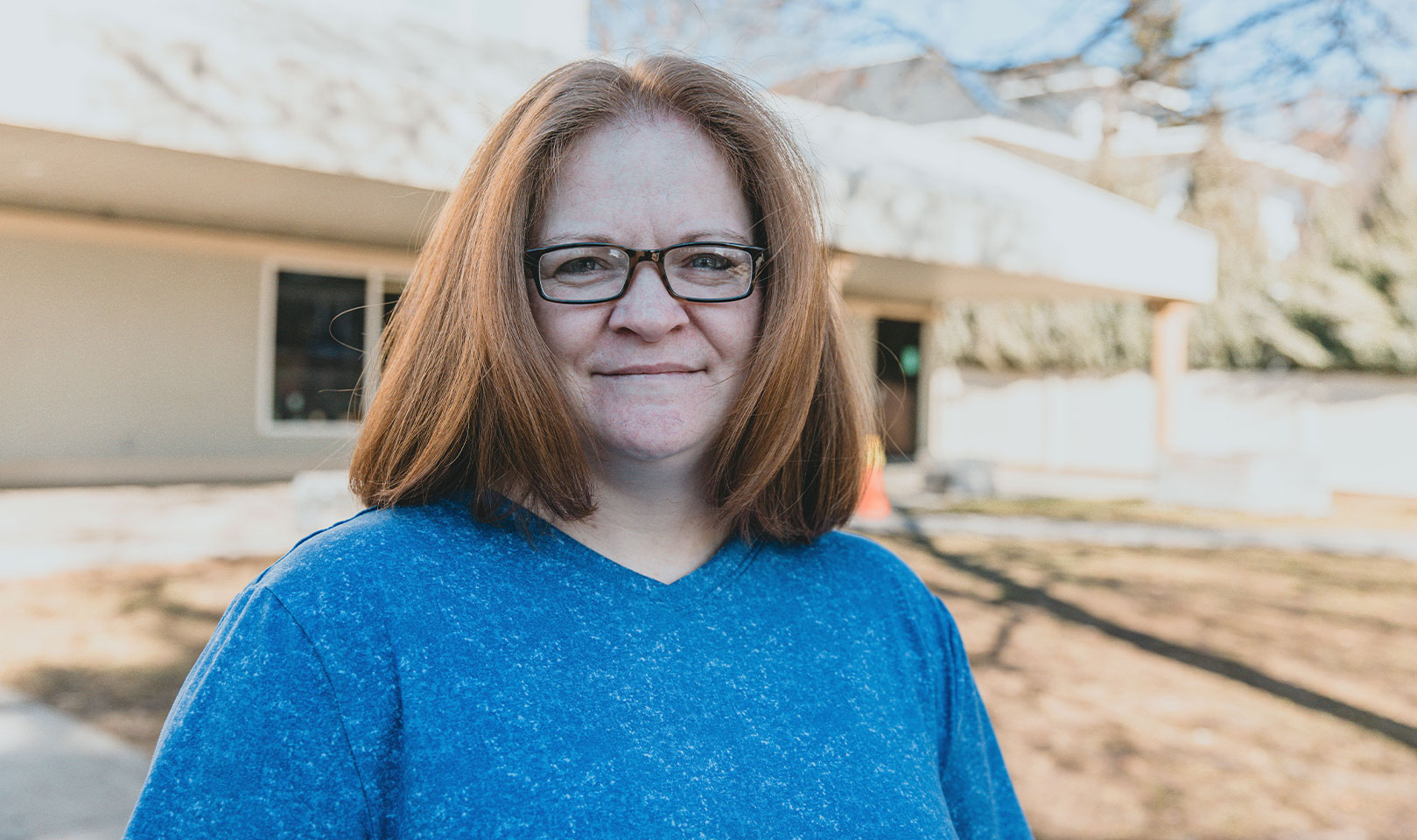
3 min read
Once basic needs are met through UGM shelter services, individuals can face the issues that have perpetuated their unwanted situation. Through case...
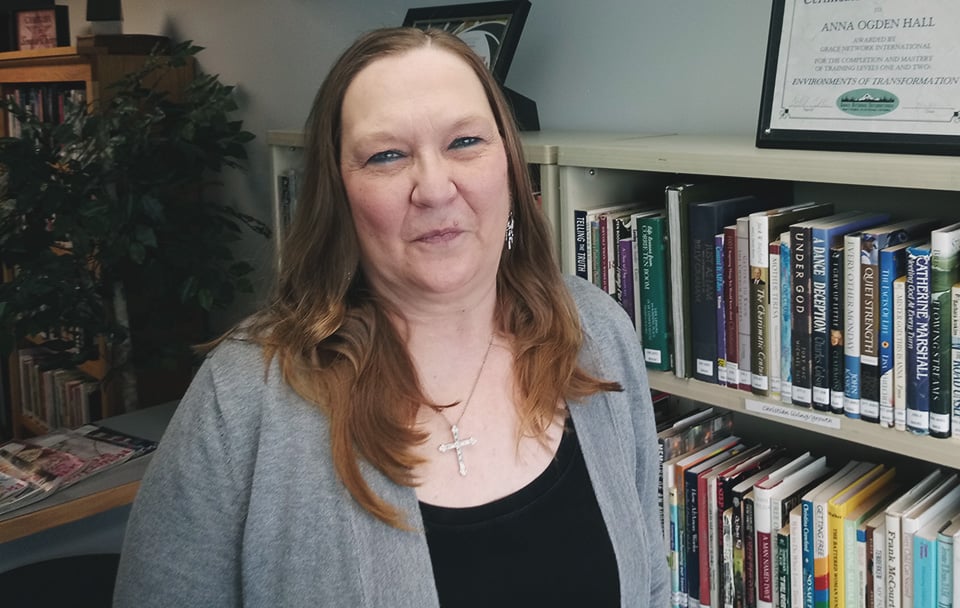
Patty’s a self-described alcoholic. But sobriety isn’t what her recovery is all about. It’s about finding a new way after long-held habits and ways...
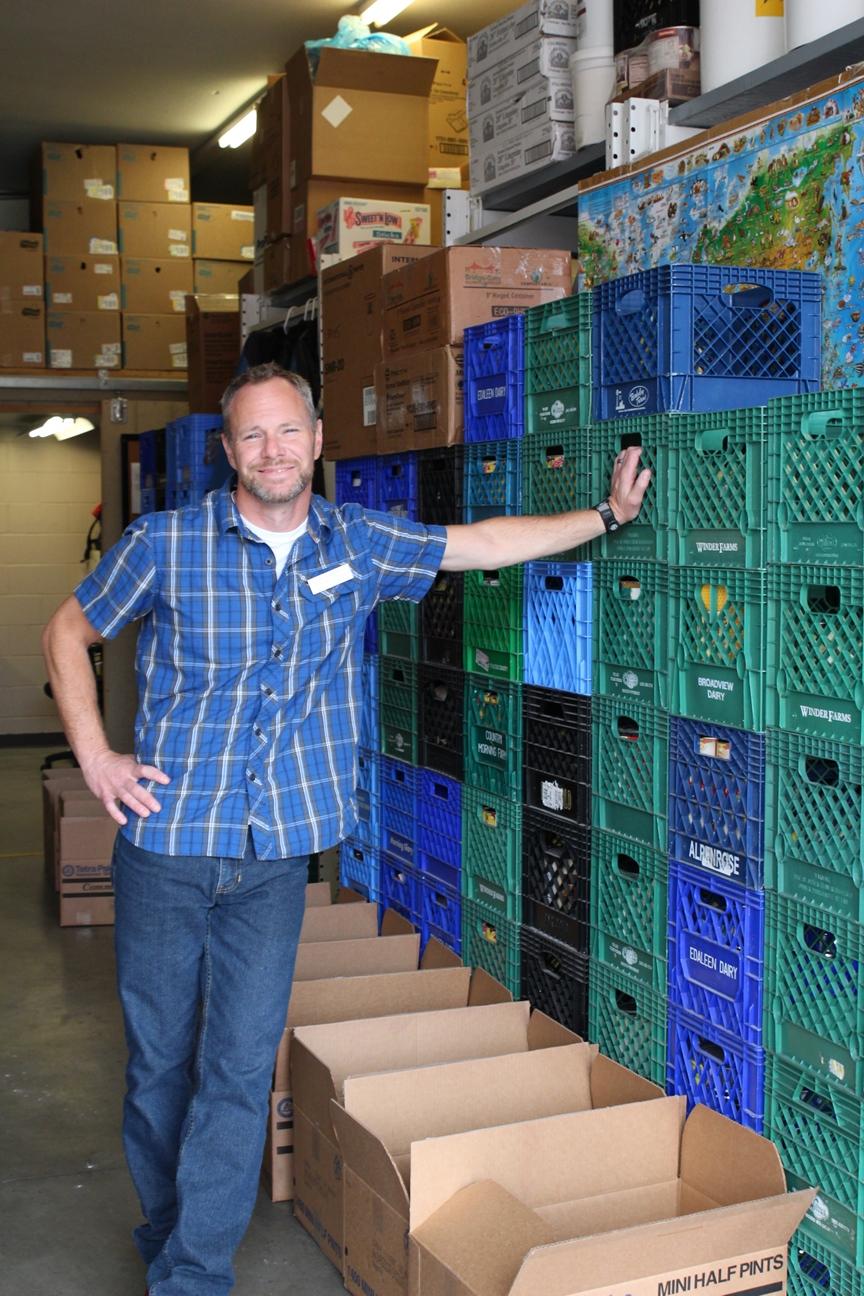
Feeding the Hungry Series Meet Tod Randall, UGM Warehouse Manager Tod Randall is a logistics guy. He’s all about moving information or product from...
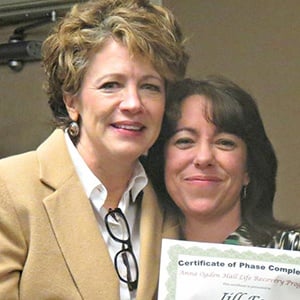
When Jill was 36, her 10-year-old son died of leukemia. Four years later, her mom died of cancer. The grief threatened to swallow Jill whole.